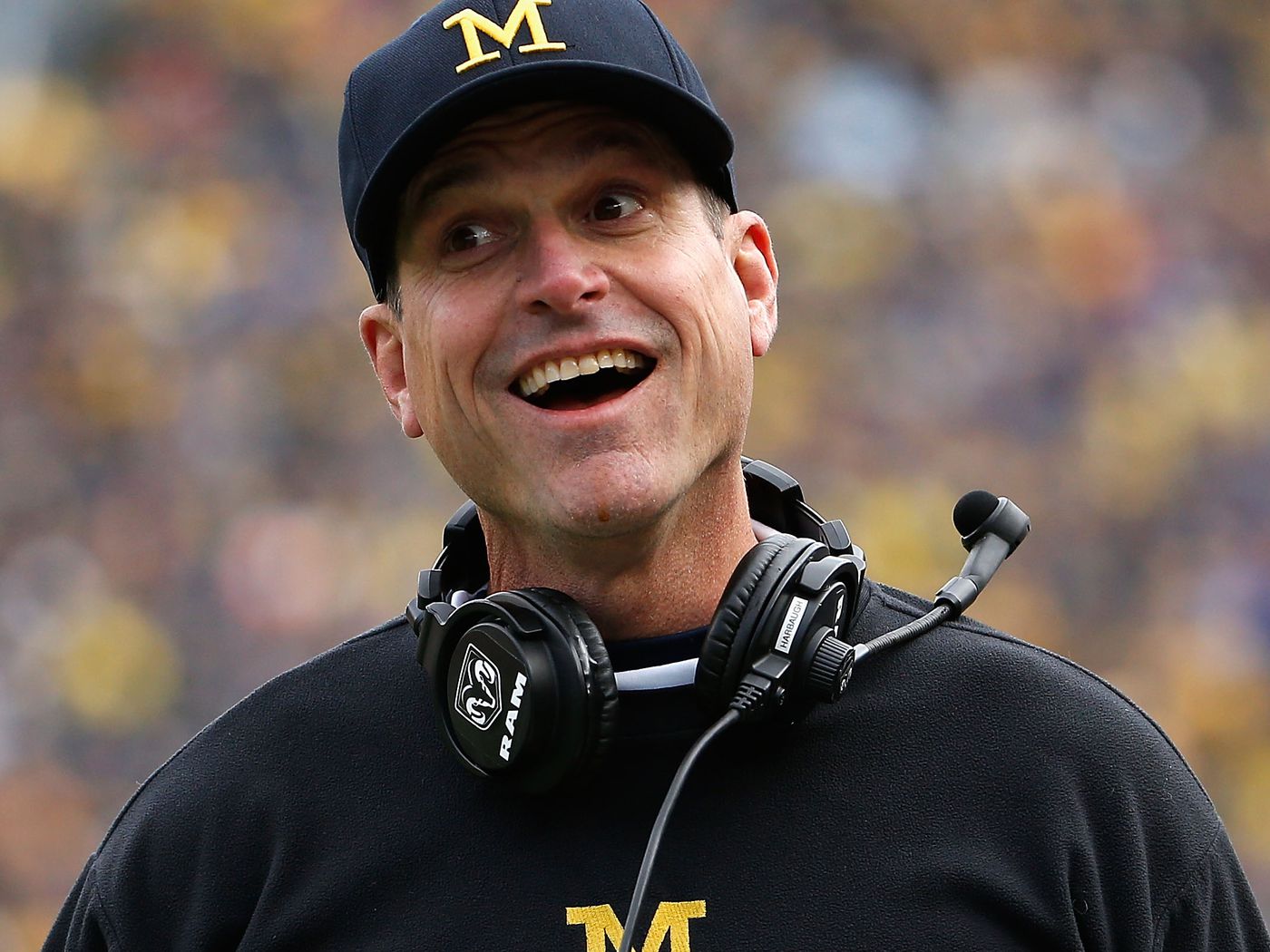In the latest twist in the Connor Stalions sign-stealing scheme, Michigan Wolverines linebacker coach Chris Partridge was fired on Friday morning, November 17th. No reason was provided by the university, but multiple reports have now come out that explain why he was let go.,
According to The Michigan Insider’s Sam Webb Partridge, “Advised some of the players on what to say (to investigators) about their interaction with Stallions. One or more of the players told investigators (what Partridge instructed them to do). When Michigan found out, they reacted with immediate termination. So it wasn’t involvement in the scheme itself, but it was an attempt to quell suspicion.”
Yahoo Sports’ Dan Wetzel and Ross Dellenger also reported that “Partridge is not alleged at this time of knowing about the advanced scouting by Stalions, but acted after the fact to cover up evidence.” According to Wetzel and Dellenger, the covering up of evidence involved the “Destruction of evidence on a computer after the scandal broke.”
Partridge came back to Michigan last offseason after spending a few seasons in the SEC at Ole Miss as its co-defensive coordinator. Now, without Partridge, Jesse Minter’s father, Rick Minter, will act as the team’s linebackers coach.
All this new information led Michigan and head coach Jim Harbaugh to withdraw their pending litigation against the Big Ten and commissioner Tony Pettiti. The two parties were set to meet in Washtenaw County Circuit Court on Friday morning, with Michigan’s goal to get Harbaugh a temporary restraining order so he could coach on the sidelines for the final two games of the regular season and beyond.
Michigan announced on Thursday that Harbaugh agreed to accept the suspension to, “Return the focus to our student-athletes and their performance on the field. The Conference has confirmed that it is not aware of any information suggesting Coach Harbaugh’s involvement in the allegations. The University continues to cooperate fully with the NCAA’s investigation.”
In a rather bizarre twist in this sign-stealing saga, Wetzel and Dellenger additionally reported that the Stalions scheme was partially funded by a booster named in the NCAA report as “Uncle T.” They gave Stalions “thousands of dollars for expenses.”
Stalions was only paid $55,000 in his analyst role at U-M, so it should come as no surprise that he reportedly had some help in funding his sign-stealing scheme, which included buying tickets for people to attend games and record the sidelines on their cell phones.
The NCAA is continuing its investigation, which began nearly a month to the day — Oct. 18.

